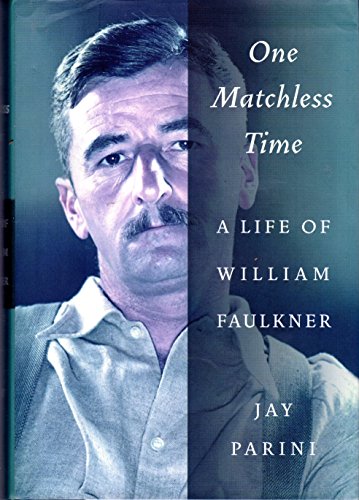

During Borges’s visit in 1970, Reid was called away for a few days to London. Parini was close to the poet Alastair Reid, who lived nearby and wrote regularly for the New Yorker: Reid was also one of Borges’s English translators. He claims to have met Borges in Scotland, while doing his PhD at St Andrews. Jay Parini’s “encounter” happened far from Argentina. When Mario Vargas Llosa visited in 1981, he noticed that Borges had kept his mother’s bedroom intact, with a lilac dress ready on the bed, even though she had died six years before.

VS Naipaul, in The Return of Eva Peron, found Borges to be “curiously colonial”, insulated from the violence and disorder in his country. Both Alberto Manguel and Paul Theroux have written about reading to the blind genius in his living room. Fifty years ago, it seemed that a trip to Buenos Aires wasn’t complete without a stopover at his sixth-floor Calle Maipú apartment, which he shared with his mother. “T hat all those who knew him should write about him,” Borges wrote of the protagonist Ireneo Funes in his story Funes the Memorious, “seems to me a felicitous idea.” Certainly those who knew Borges, even in passing, thought it was a felicitous idea to write about him.


 0 kommentar(er)
0 kommentar(er)
